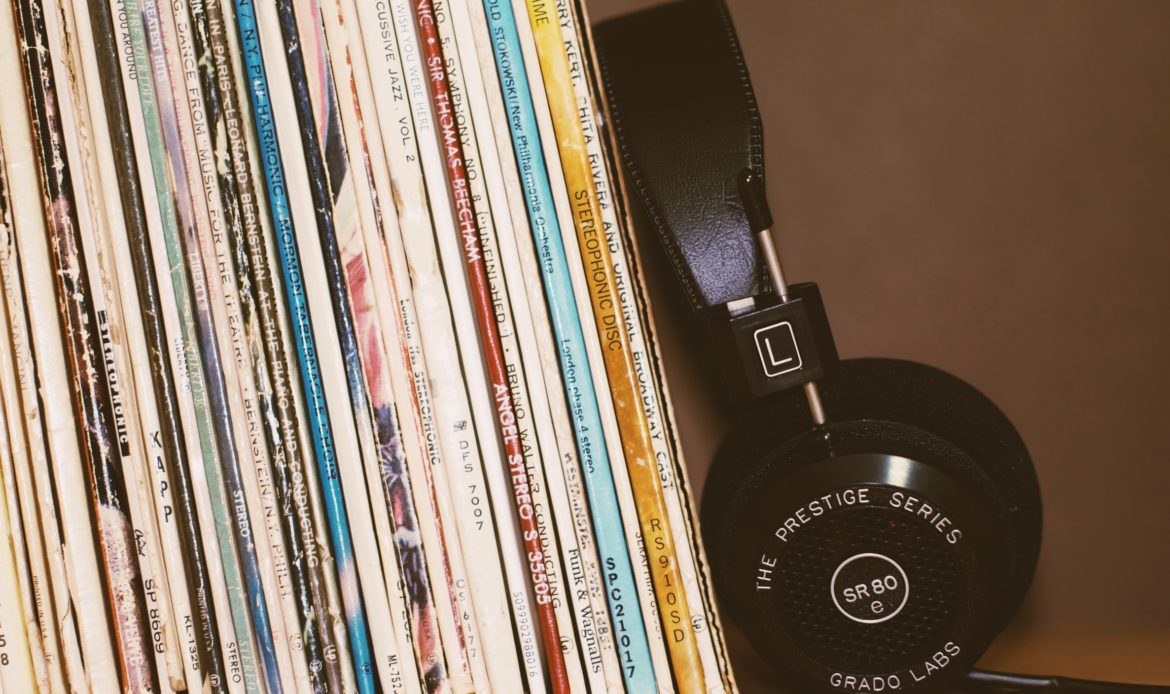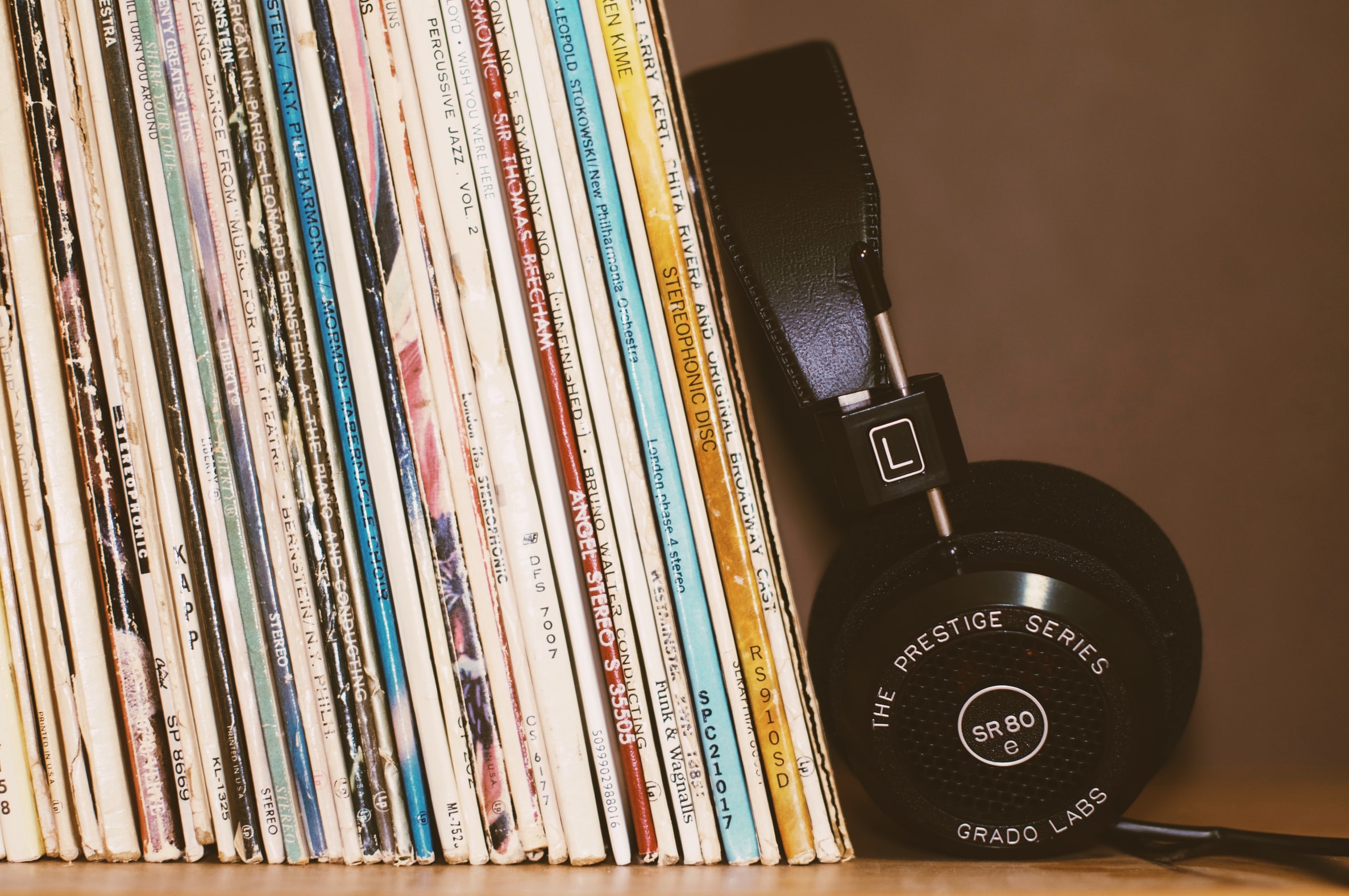Gatekeeping Art – Preserving or Decaying Vintage Music

Finding hidden gems is an obsession and one of the greatest pleasures of music fans. To me, there’s nothing more satisfying than going down a Spotify or YouTube rabbit hole and stumbling across an amazing song from an artist with monthly listeners in the quadruple digits (the lower, the better). Suddenly, you’re playing it on repeat and combing through their discography. Months later, to your dismay, you find that same song on a Spotify-curated playlist with 700,000 followers—or worse, a snippet of it becomes a viral audio on TikTok—and your satisfaction that stemmed from that pristine, untouched song that was so exquisitely yours, that hidden gem you worked so hard to find, is now in the ears of millions of people.
Gatekeeping music ultimately sacrifices the delight you get from sharing songs with others.
Mayumi ramos
Maybe we derive some kind of glory from discovering an artist while they’re still unknown because it gives us a sense of validation—not only are we so brilliant at identifying talent, but we deserve to enjoy and indulge in these hidden gems because we worked oh-so-hard to find them. Or perhaps we delight in the esoteric quality of that music and being part of its limited audience. Only a small number of people even know about this music, much less enjoy it—so I must be on an entirely different plane of individuality. A prime example of this line of reasoning is the obsession of “Obscurify”, a website that determines how obscure (or basic) your Spotify listening habits are, in some music circles, and especially on certain subreddits (looking at you, r/indieheads). Sure, we might poke fun at music snobs who ask people wearing band shirts to name three songs, but we can’t deny that there’s an “inner hipster” that lies inside of us all.
So when our favourite obscure song or artist blows up, it’s easy to take it almost as a personal attack. Are we really original if the music is accessible to so many other people? We jump to rationalization and defense: Well, it doesn’t matter—they’re just jumping on the bandwagon. I listened to them before they were cool. There’s a thin line between taking pride in your music taste and making it a personality trait, and it’s one that I oscillate between. I won’t lie, I’m the type of person who posts songs on my Instagram story; the type who has their Spotify linked in their bio. I’ve inextricably linked my identity to the music I consume, which is probably why I can sometimes get possessive over it. Everyone needs to know I have a good taste in music, but god forbid the songs I listen to actually go viral. But why are we so possessive over something as seemingly trivial as music taste?
Maybe it’s because it isn’t so trivial after all. Music is often deeply personal—we tend to like the songs that we like because it resonates with us in some capacity, especially emotionally. When that music reaches a broader, more expansive group, we become territorial because it feels like a personal infringement of our identity. That being said, I don’t think gatekeeping is so much an actual active effort to prevent the spread of music, but more so a manifestation of the desire, however futile, to keep the things dear to us safe. We want to protect our music from the masses who just won’t “get” it on the same level we do—from harsh critics who will coldly and unsympathetically pick it apart. We want to preserve its perfect, unspoiled qualities, or at least the perception we have of it, and gatekeeping is just a means to that end. When Pitchfork gives your favourite new album a 5.7, or when Anthony Fantano proclaims it’s merely a “light to decent 6,” or even when you read offhand YouTube comments, it’s easy to either get a bit irritated or to doubt your own opinion, even just a little, no matter how hard we try to stick to our convictions. Gatekeeping is simply a prevention tactic—a method of averting that dreadful moment when the image of music we cherish and are trying to protect is altered or muddied by the opinions and analyses of others.
There are more tangible consequences of a smaller artist blowing up. In early 2018, I went to a Billie Eilish concert with my best friend. The tickets, which were floor tickets, were a whopping $21. Now, the cheapest nosebleed seats are upwards of $50, with floor tickets hovering in the thousands. In addition to the skyrocketing of concert ticket prices, artists tend to gravitate away from their original sound in favour of a more accessible sound to attract a wider audience. Being happy they’ve achieved mainstream success and exposure while simultaneously feeling a bit disappointed (and admittedly, frustrated) is an internal conflict that I still don’t know how to resolve. As much as I want to root for my favourite artists, there’s a part of me unwilling to “let them go” or to let others delight in my best-kept secret.
Nevertheless, gatekeeping music ultimately sacrifices the delight you get from sharing songs with others. In my opinion, it’s completely valid to protect your music from the reach of the masses, as that often comes with harsh and unemotional criticism. But sharing a piece of music that you cherish (even if it isn’t obscure) with someone special rewards you with a unique sort of intimacy—it’s magical to experience that enjoyment and delight with someone else. I remember when I introduced The Divine Feminine by Mac Miller to my boyfriend and he just got it—we spent a while gushing about how good it was and talking about our favourite parts, and he pointed things out that I had never even noticed before. Or when one of my closest friends was experiencing a painful breakup, so I recommended Crushing by Julia Jacklin to her. It was validating to read her text about how cathartic it was to listen to lyrics that perfectly encapsulated what she was going through.
To hide your favourite music is to preserve it in its most pure form to be enjoyed by only you, free from outside judgment. But this so-called safeguarding of music comes with a price: the emotional connection you get from sharing it. Music is meant to be shared, listened to, and enjoyed—isn’t that part of the reason why artists make it in the first place? Ironically, the real outsiders are the ones who participate in the gatekeeping of music and relish in the exclusivity of it—they’re missing out on the intimacy and connection of shared listening.
